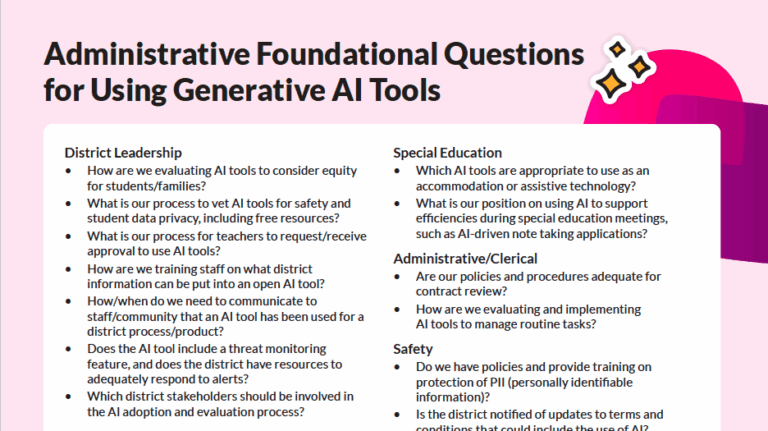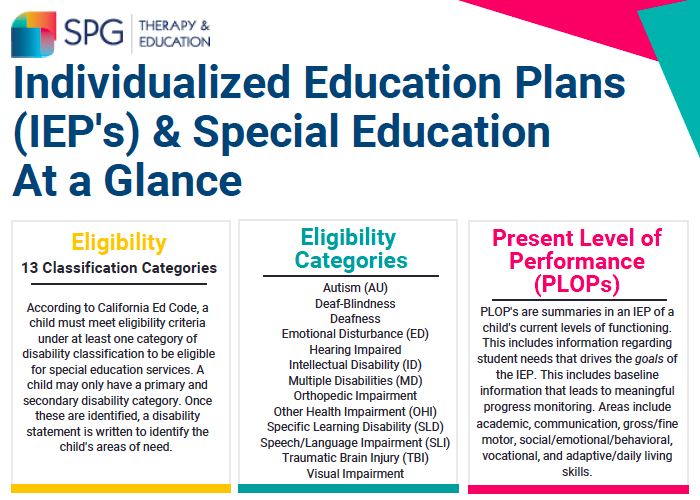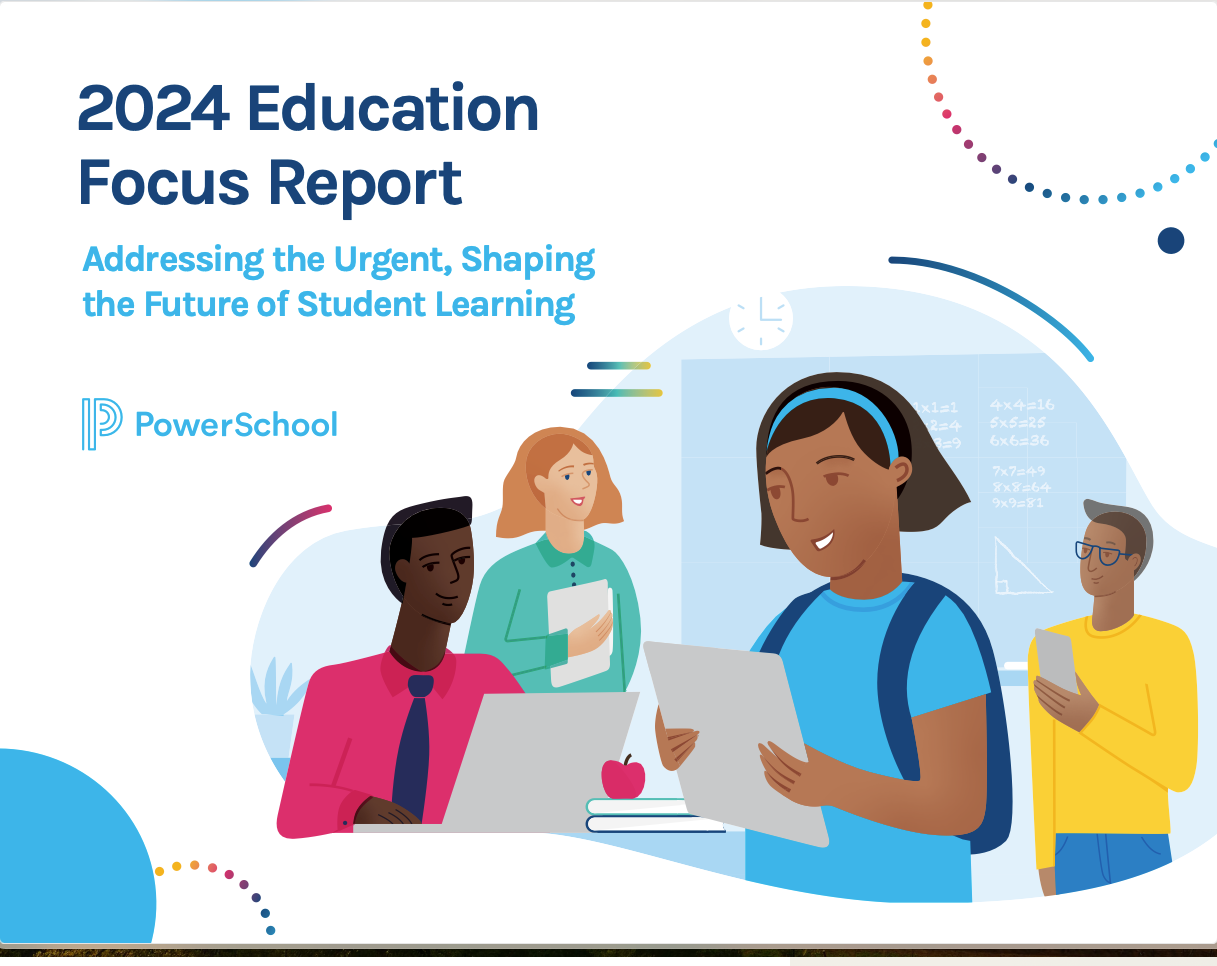
By Adora Fisher, Padma Ramnath and Robyn Stone
“Thank you for the SCCOE support; it is welcome in my heart. Since I came to the USA in 2003, I had in mind to still improve my life, and I was blessed when life directed me to the education field. In 2013 I was part of the BA Cohort program, but I left the program because of family needs; last 2020, I retook my goals and started this path toward my BA at San Jose State University. I did not give up; I just paused my dreams. Now, one of my goals is coming true, and I will graduate in May 2023. Now, at 57 years old, I continue educating myself to educate little ones. There is no ‘impossible’ when you put your heart and mind toward a goal; there is no ‘best’ support and friend than yourself.” — Doris Alejo, Associate Teacher, Head Start, San José, CA
A participant of The Santa Clara County Office of Education’s Classified School Employee Teacher Credential Grant Program, Doris Alejo completed her BA and entered the multiple subject teaching credential program at San José State University. Doris shares her story to inspire other preschool teachers in our community. In Santa Clara County, 70% of preschool teachers are women of color, and many are single parents.
Childcare workers are among the lowest paid of any field. According to the Bureau of Labor Statistics, the average wage for childcare workers in the San José-Santa Clara-Sunnyvale metropolitan area was $18.94 per hour in 2021, or $39,390 per year. While this makes them the highest paid childcare workers in any metropolitan area in the country, it is 40 percent of the average annual wage for all workers in the metropolitan area ($99,930), and only 70 percent of the University of Washington Center for Women’s Welfare Self-Sufficiency Standard for a single adult in Santa Clara County ($57, 034). Childcare workers are not paid enough to live in our community. Low wages result in significant staff turnover, with the greatest impact on programs serving the youngest children.
Working collaboratively with community partners, the Santa Clara County Office of Education is committed to improving access to inclusive, equitable, high-quality early childhood education by providing quality support to districts, schools, students and communities. Taking a lead role in Early Care and Education, the SCCOE has convened a Consortium of Early Childhood Education stakeholders from across our 31 school districts, 25 charters, UPK mixed delivery system, institutions of higher education and community organizations. The ECE Consortium connects stakeholders in building an early educator workforce pipeline.
The SCCOE’s Educator Preparation Programs (EPP) department, a CCTC accredited teacher and administrator credentialing program, weaves together funding from multiple grants from the California Department of Education and the California Commission on Teacher Credentialing, and the California Community Colleges Apprenticeship Initiative to re-envision the ECE workforce “pipeline” as an education career escalator. EPP staff facilitates a program, Educator Workforce Pathways (EWP) to support that escalator from ECE Apprenticeship to Administrative Services Credential. EWP facilitates the monthly ECE Consortium. Consortium members refer teaching candidates from the community — with or without higher education and teaching certification — for free advising, career coaching, job placement, and stipends for tuition, books, fees, and living expenses.
CAI Grant & ECE Apprenticeship Programs
Through dynamic partnerships with adult education organizations in the county, the SCCOE leverages our California Apprenticeship Initiatives Grant for Childcare Workers to fund culturally and linguistically diverse members of our community entering the early care and education profession by eliminating systemic barriers. For example, the SCCOE partners with San José Public Library’s Family, Friend, and Neighbor Caregiver Support Network to fund an innovative program connecting Spanish speaking caregivers to ESL and Child Development coursework at Mission Community College. The program is free for participants and offers embedded tutoring, child care, computers, career opportunities and a peer community. Participants from this network continue into the SCCOE’s “earn & learn” ECE Apprenticeship Program. While working in the SCCOE’s California State Preschool Program’s UPK Mixed Delivery classrooms, apprentices concurrently take coursework at Mission leading to the associate teacher child development permit.
Classified School Employee and Early Education Teacher Development Grant Programs
Several of Doris Alejo’s colleagues have received funding from multiple grants empowering them with an upward trajectory on the education career escalator. Preschool teachers in Head Start or CSPPs pursuing BAs in Child Development at our IHE partners receive $4,000 annually from the Classified School Employee Teacher Credential Grant Program and $4,800 from the Early Education Teacher Development Grant (EETD) Grant Program for a commitment to completing a multiple subject, PK-3, or early childhood special education credential and teaching in Santa Clara County public schools. With funding from the EETD Grant, the SCCOE also offers $1,200 stipends to early childhood educators–including our ECE Apprenticeship participants–with fewer than 24 units of ECE, taking Child Development coursework at all of our seven community colleges. The funds also support early educators in paying fees associated with applying for child development teacher permits.
Teacher Residency Grant Program
A Teacher Residency Program is one of the teacher credentialing pathways in which aspiring teacher candidates spend a year alongside an accomplished mentor teacher while simultaneously engaging in an online credentialing program. We work with partner school districts as well as the Special Education Department of the SCCOE on residency programs for paraeducators to earn preliminary special education credentials with an option of adding a master’s degree, as well. The TRP offers residents coaching and mentoring beginning on their first day of classroom service. This empowers residents to learn best practices in curriculum design, equity focused teaching, classroom management and student behavior management strategies. Grant funds cover tuition costs for the resident. An additional stipend ensures that residents graduate debt-free. According to WestEd, residencies can also provide financially feasible pathways for teachers of color and those from low-income backgrounds to enter the profession.
PK-3 ECE Instruction Specialist Credential Program
The California Commission on Teacher Credentialing (CCTC) has proposed the PK-3 ECE Specialist Instruction Credential to leverage the rich background and extensive experience of candidates who come from current and/or prior work in the ECE field. The SCCOE Educator Preparation Programs has designed an initial PK-3 program currently under review by the CCTC. Our program will credit early educators for prior work experiences in ECE–recognizing and valuing the depth of knowledge and wisdom in child development that will provide a transformational child-centered approach to serving as a teacher in a Pre-K to grade 3. The PK-3 credential will enable early childhood educators to serve as school district interns while concurrently enrolled in online, evening coursework. This new credential pathway creates access to certificated salary schedules which can be up to 40 percent higher than the salary schedule for preschool teachers.
Leaders in Education Administration Program
Few of Santa Clara County’s TK-12 school administrators have a background in early childhood education. With California’s Universal PK/TK (UPK) mandate, there is a dire need for school district administrators to envision themselves as leaders in early education. Thus, the SCCOE’s Educator Preparation Program is designing an Early Education Leadership Network and Institute together with California Preschool Instructional Network and the Early Care and Education Initiatives departments that will provide a multi-tiered system of support to administrators not only on UPK implementation but also P-3 alignment, culturally relevant and sustaining family engagement, healing-informed social/emotional learning, supporting multilingual learners, and developmentally and inclusive classroom practices. Additionally, in and through EPP’s Preliminary Administrative Services Credential program, school leaders receive an ECE Administrator Toolkit, developed in partnership with Silicon Valley Community Foundation and the New Teacher Center. EPP supports alumni receiving preliminary and clear administrative credentials with a leadership network. Once the CCTC approves the new PK-3 ECE Specialist Instruction Credential, EPP will recruit PK-3 credential holders to its PASC program and support them in serving as leaders in their school districts.
Human Resources & Educator Workforce Pathways
The SCCOE’s Educator Workforce Pathways team collaborates closely with the SCCOE’s Human Resources team in attending community-based career fairs specifically designed for people of color. By re-envisioning the early childhood education workforce pipeline as an escalator to careers in education, the SCCOE effectively partners with Santa Clara’s community organizations, school districts, and institutions of higher education to create new and sustainable entry points to educator workforce pathways for culturally and linguistically diverse members of Santa Clara County.
Statewide PK-3 Collaborative
The SCCOE’s Educator Preparation Programs has taken the lead in establishing a community of practices for county offices of education across the State of California. The monthly community of practices brings together staff in job-alike situations facilitating ECE Apprenticeship, UPK implementation, and PK-3 ECE Specialist Instruction Credential Programs. Through this PK-3 Collaborative, the SCCOE facilitates innovation and sharing best practices in building the education career escalator for early educators across California.
At the SCCOE, our motto is “Stronger Together.” At Educator Preparation Programs, we live this model everyday as we re-envision the “pipeline” to careers in education as an escalator. Doris Alejo can attest to this. She is a preschool associate teacher today, elementary school teacher very soon, and a future school administrator. We lift up people in our community–meet them where they are and take their education careers as high as they want to go.
The preceding article was written by Adora Fisher, executive director (); Padma Ramnath, assistant director (); and Robyn Stone, coordinator () with Educator Preparation Programs at the Santa Clara County Office of Education.

































